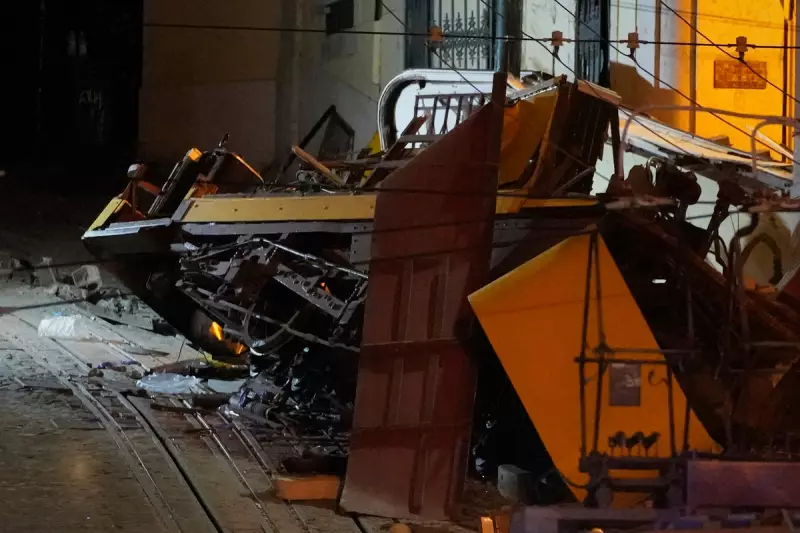
Portuguese President Marcelo Rebelo de Sousa is facing a fierce backlash and calls for his resignation following a dramatic political miscalculation that has thrown the nation into turmoil.
The crisis erupted when President de Sousa made the decisive move to dissolve parliament in November 2023. This action was triggered by a major corruption scandal that brought down the minority Socialist government, then led by António Costa.
In a stunning twist, the snap election he called for March 10th backfired spectacularly. Instead of yielding a clear new mandate, the vote saw the Socialists, now under the leadership of Pedro Nuno Santos, emerge victorious once again.
A Nation Demands Answers
The president's decision has been labelled a grave error in judgement by political opponents and commentators alike. Critics argue that dissolving parliament so close to its natural end—it was due to finish its term in March anyway—was entirely unnecessary and has plunged the country into instability for no discernible benefit.
This perceived misstep has ignited a firestorm of criticism, with loud and growing demands for President de Sousa to step down from his role for the remainder of his term.
The Road Ahead: Coalition Challenges
Despite their win, the Socialist Party (PS) fell short of an outright majority. This result sets the stage for a complex and challenging period of coalition-building, with the centre-right Democratic Alliance (AD) securing a close second place.
The political deadlock now poses a significant threat to Portugal's ability to effectively utilise its share of the EU's massive €800 billion post-pandemic recovery fund, potentially hampering its economic progress.
As the president faces the unprecedented demand to resign, Portugal is left navigating a fragile political landscape with its future leadership and stability hanging in the balance.





